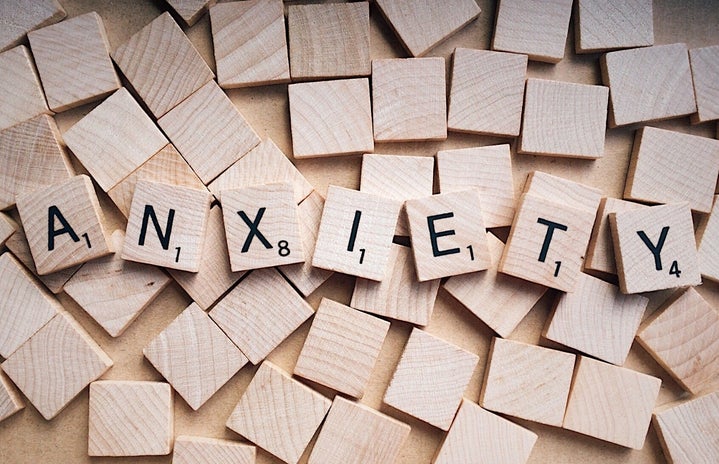A lot of people know that mentally ill individuals surround us and are integrated into our everyday lives. While mentally ill people aren’t as scary as most normalized personalities believe them to be, there are still dos and don’ts for mentally ill people. They aren’t things like “people with schizophrenia need muzzles so they don’t bite you”, but more like things you do out of respect for that person. A mentally ill person is still a person at the end of the day, and while they do need a little bit of special treatment, it doesn’t mean you shouldn’t value and respect them as their own people. So here we have a small guide of dos & don’ts for you to follow.
Don’t:
Tell a mentally ill person to change their attitude, especially if they have a mood or anxiety disorder. It’s much easier to say something like that to someone who’s struggling. However, that mentally ill person feels like the one asking them to change doesn’t understand that they don’t want to feel like this way. Briefly, it’s unhelpful.
Do:
Listen to their feelings. Their feelings run a lot deeper than assumed. People with anxiety disorders, mood disorders, or with a schizoaffective disorder have a hard time expressing their feelings without being overwhelmed. You need to be patient and calm with them until they’re able to communicate to you what they need.
Don’t:
Assume that all they need is tough love. While this might work on some people, it doesn’t work on everyone and can prompt feelings of anxiety, frustration, loneliness, anger, and overall get them overwhelmed very easily. Sure, you may be coming from a place of love, but it doesn’t always feel like it for a mentally ill person. It can cause feelings of isolation and guilt if you provoke them with tough love.
Do:
If you do want to test out the tough love approach, try it out with something small. A lot of people with mental illnesses have difficulty cleaning or keeping tidy. Perhaps suggest they clean their room and see where it goes from there. Maybe it’ll help them.
Don’t:
A lot of us hear the words “your mental illness isn’t bad enough to count”. Every mental illness is valid no matter how important or meaningless it may seem. They tend to be overlooked because neurotypical people like to pretend that mental illnesses aren’t as bad as a physical illness until it gets to the point of a psychotic breakdown.
Do:
A lot of us mentally ill people appreciate those who can understand that we need some time to ourselves or that we need a little bit longer to do something. Our brains don’t process emotions, ideas, or anything of the sort at the same rate a neurotypical person does. It doesn’t mean we are stupid or ill-educated, our processing just isn’t the same as everyone else’s.
Don’t:
Assume a mentally ill person is not upset or bothered. Just because someone isn’t always able to convey what they need doesn’t invalidate their feelings towards a situation. Plus, sometimes neurodivergent people like myself use other forms of communication when they can’t get the words out. Don’t get angry or make them feel like they’re at fault for not being able to convey the issue with words. It is already hard and frustrating enough for us to try to explain what we’re feeling when we’re feeling sounds instead of words.
Do:
When people are just available to listen to me rant or understand noises, that’s helpful. We may need attention just as much as a rant does. Just like any neurotypical person, we do need to rant and express ourselves. Sometimes our way of expressing ourselves is just harder to understand. As stated in the precedent “don’t”, some of us make sounds and have difficulty expressing ourselves through words. It may seem silly, but it can honestly be as simple as a head pat; just try to figure it out with us. Stay calm, because you’re not helping anyone by telling us you don’t understand what we want, or that you’re feeling anxious because of us. Empathetic listening is the key. Try to understand the vibes coming off the person. Do they want attention? Are they frustrated? Say things like “I get that you’re feeling upset right now”. Let them know that you’re really listening to them and let them feel heard.



